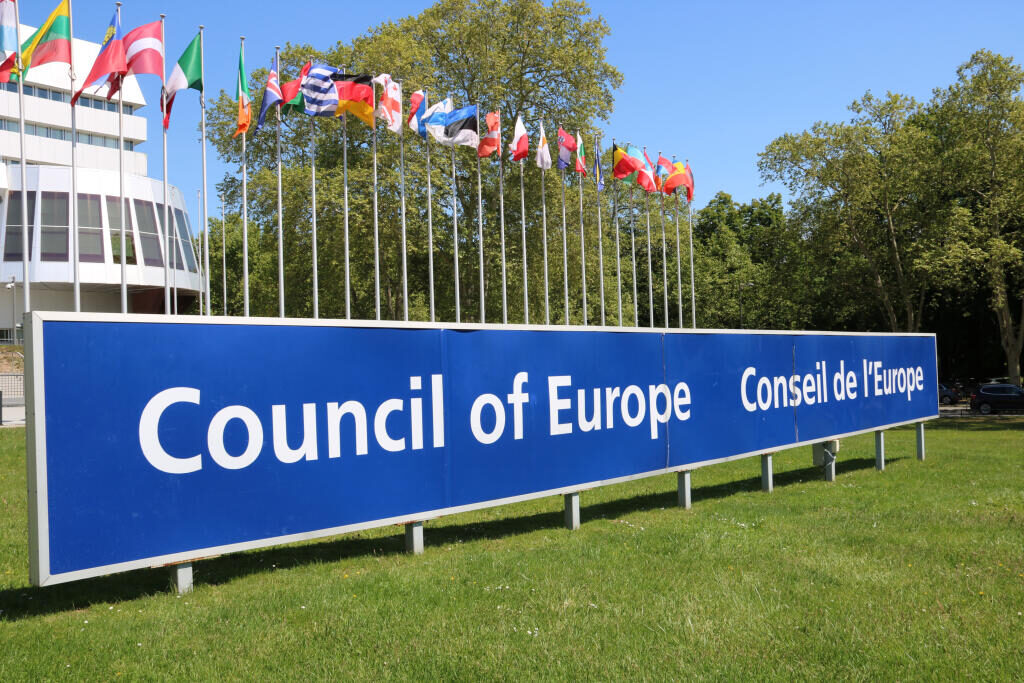21.06.2021 - 19:25
|
Actualització: 21.06.2021 - 21:24
The Council of Europe has officially called on Spain to release Catalonia’s political prisoners and withdraw the extradition requests for their exiled colleagues. The parliamentary assembly of the institution greenlighted a report by its Committee on Legal Affairs on the situation of political leaders behind bars in Spain and Turkey by 70 votes in favor, 28 against and 12 abstentions. They also overturned one by one and by a large majority the amendments of Spain’s PSOE and PP representatives who wanted to reduce the report’s critical content.
Latvian Socialist Boriss Cilevičs, who acted as rapporteur, visited Catalonia in February 2020 in order to write a report on political prisoners in Europe for the Parliamentary Assembly of the Council of Europe after a score of council deputies proposed the initiative a month earlier.
Politicians facing sentences ‘similar to rapists’
During the session on Monday, rapporteur Cilevičs opened the debate, with a speech upholding his work and saying the convictions are “disproportionate” and “do not comply with the rule of law.” The representative highlighted that the politicians and activists are facing “a long time in jail, similar to rapists” for issues such as votes in parliament and peaceful protests during the exercises of their mandates.
While Cilevičs acknowledged that the referendum was held despite not being allowed by the Constitutional Court, he also reminded that holding such a vote was decriminalized in Spain. He said that disobedience – not carrying prison – could have been a reasonable crime for which to be convicted, but sedition “requires elements of violence” and the rallies ahead of October 1, 2017 were “peaceful.”
The politician, who also rejected the independence campaigners “using the report to promote separatism,” defended that public representatives should be “allowed to make statements that go against the Constitution.”
Representatives in favor of pardons
Several representatives have taken the floor after Cilevičs, and some of them explicitly supported the announcement of Spanish president Pedro Sánchez to pardon the nine imprisoned officials for their role in the 2017 failed independence attempt, such as the Dutch Socialist Tiny Kox and the Icelandic member of the Pirate Party Thorhildur Sunna Aevarsdóttir.
Yet, the plenary session of the Council of Europe rejected an amendment by Esquerra Republicana’s senator Laura Castel, who tried to include a mention in favor of asking Spain to pass an amnesty law also affecting those in exile or others with a judicial procedure stemming from the independence push open. In her speech, Castel said that voting can never be a crime and that “dialogue, negotiation and voting crystalizes democracy.” She also said that 80% of Catalans want a referendum of self-determination and that local politicians have requested it 18 times to Madrid, all of which unsuccessful.
Some of those who spoke showed “confusion” because the report includes jailed politicians in Spain and Turkey. While Cilevičs said they do have in common that some opposers are serving lengthy sentences, others, such as Greek conservative Dora Bakoyannis emphasized that “Turkey and Spain are not the same.”
Others, mainly the Spaniards Antonio Gutiérrez (Socialist) and Valentina Martínez Ferro (People’s Party), as well as British John Howell (Conservative) contradicted Cilevics saying that Oriol Junqueras and eight more officials were not convicted for what they said, but for what they did, so for them, their freedom of speech has not been violated.


